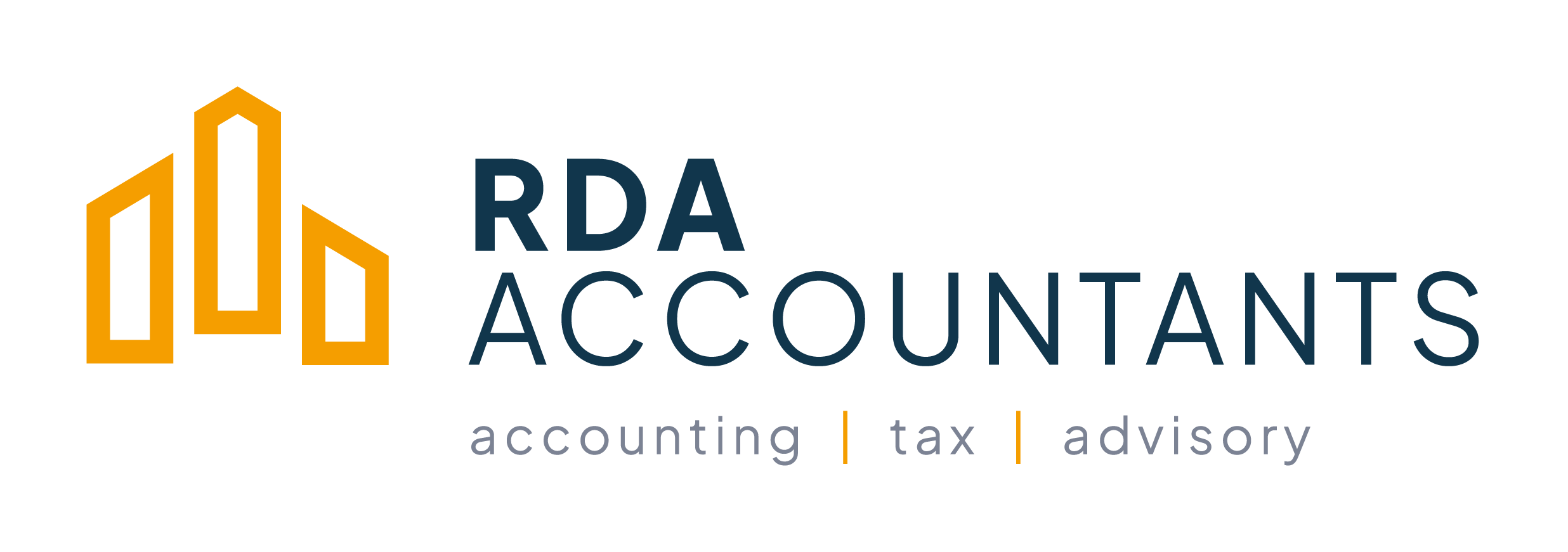It is my understanding that a new reduced VAT rate of 9% has recently come into effect from the...
VAT Cash Receipts
Under the normal Invoice Basis for accounting, a trader is liable to account for VAT when an invoice is issued to a customer. Under the Cash Basis of accounting, a trader is liable to account for VAT when payment is actually received. Therefore, the key advantage of using this method to account for VAT in your business is the potential cash flow benefit it provides.
In order to qualify for this basis of accounting for VAT, a trader must fulfill one of two criteria. Namely, annual turnover must not exceed €1,250,000 (€2,000,000 with effect from 1st May 2014) or the trader’s supplies must be almost exclusively (at least 90%) made to customers who are not registered for VAT, or are not entitled to claim a full deduction of VAT.
In practice, the Cash Basis of accounting is mainly used by shops, restaurants, public houses and similar businesses, and by any other person making supplies of goods or services directly to the public. That being said it is available to most sectors. The cash basis cannot be used where the trader and the customer are connected parties or for construction services supplied by a sub-contractor to a principal contractor.
It should be noted that the use of this basis of accounting does not excuse a VAT-registered person from his or her obligations as an accountable persons, such as the issue of invoices, credit notes and other documents, the maintenance of records or lodgment of returns. In the event of a change in the rates of VAT, a business operating on the Cash Basis must apply the VAT rate by reference to the time that the goods or services were actually supplied, and not the time that the payment was received (if this is later).
A person or business applying for VAT registration who wishes to use the Cash Basis rather than the Invoice Basis must also apply at the time of registration in writing for permission. Alternatively, application may be made to the local Revenue District subsequently, again in writing, to change from the Invoice Basis to the Cash Basis. Persons may not change from the invoice/sales basis of accounting to the moneys received basis, or vice-versa, without first having received authorisation to do so from their relevant Revenue District.
Where a VAT-registered person already accounting for VAT on the invoice basis obtains permission to change to the moneys received basis, that trader is liable for VAT on any moneys received on and after the approved date of the change. This does not include any payments on which VAT has already been accounted for in respect of goods and services supplied while accounting on the invoice basis.
If you would like to discuss the cash receipts basis in greater detail or consider its potential application to your own business, please do not hesitate to contact RDA Accountants’ Tax manager George Skelton CTA, ACA, MBA at our Wexford office for further assistance.


